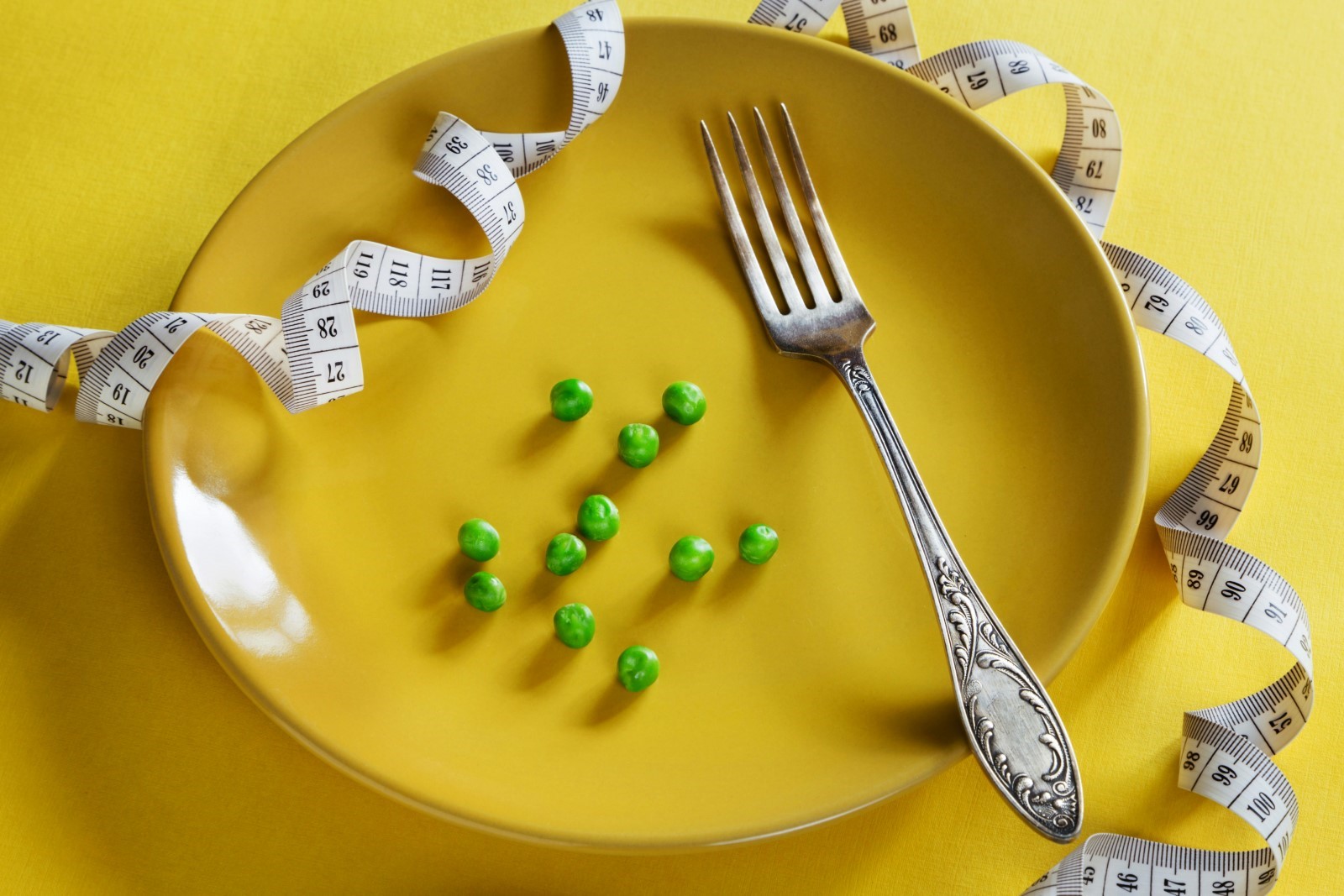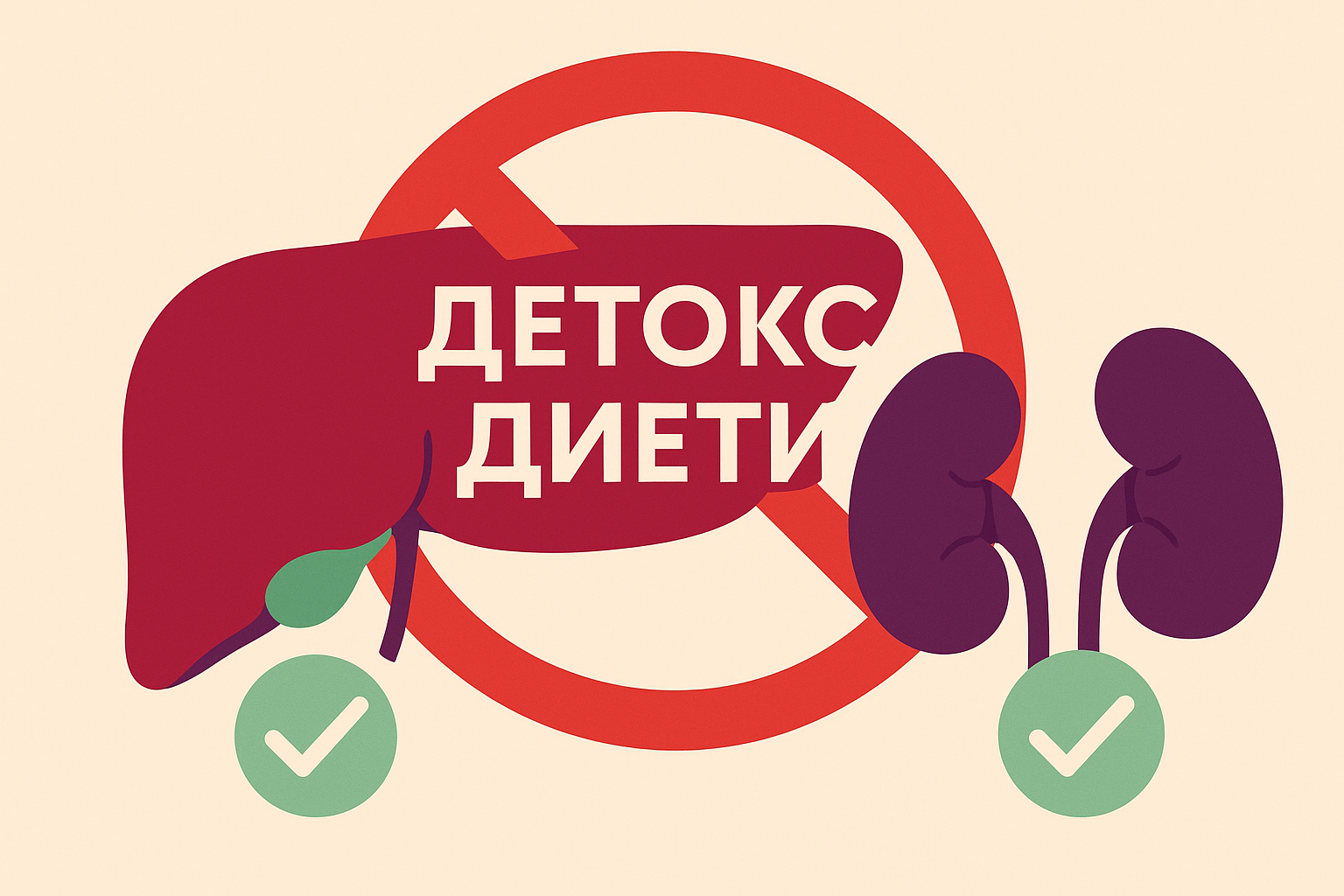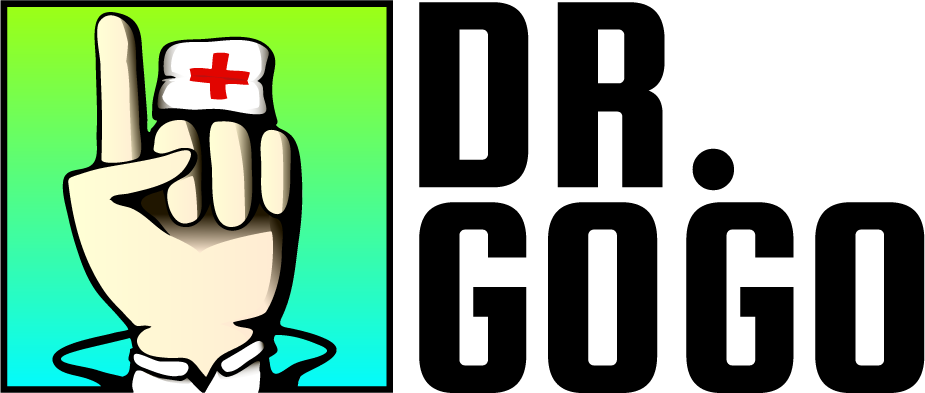Detox Diet: Myths and Facts About Cleansing the Body
On the internet and in the media, we’re often overwhelmed by advice promoting the next “miraculous” detox diet – from juice cleanses and "cleansing" teas to fasting and special supplements. The promise is always the same: quickly eliminate accumulated toxins from the body. Sounds great, right? But does our body truly need such a “detox,” and is there any scientific proof of these methods’ effectiveness?

What Are “Detox” Diets?
A detox diet is a general term for various short-term regimens that promise to cleanse your body of toxins. These programs usually involve a strict eating plan for a few days – often 3, 7, or 10 – during which you mainly consume fruit and vegetable juices, herbal “detox” teas, lemon water, or take special supplements. Some detox programs also recommend complete fasting or so-called cleansing procedures (such as enemas) to “cleanse the intestines.”
The idea is that by restricting food intake and consuming specific “cleansing” products, the body will eliminate harmful substances (“toxins”) that, according to proponents, cause fatigue, weight gain, and various health problems.

These regimes sound logical to many people – especially after periods of overeating or unhealthy habits. Who wouldn’t want a quick reset for their body? That’s precisely why the myth of detox diets has become so popular. But it’s time to critically evaluate these claims and see what science has to say.
Myths and Facts About Detox Diets
Scientific evidence does not support the idea that detox diets are necessary or beneficial – there’s a lack of compelling proof of the effectiveness of such diets. In fact, a 2015 review of the scientific literature concluded that to date, not a single high-quality (randomized controlled) study on humans has proven these programs effective – or at least, such a study is hard to find. Meanwhile, our body has effective natural detox mechanisms.
“There is little evidence that detox diets actually remove toxins from the body. The kidneys and liver effectively filter and eliminate most ingested toxins,” notes registered dietitian Katherine Zeratsky from the Mayo Clinic in an interview from 2021. The British Dietetic Association (BDA) also labels detox diets as a “marketing myth.”

Back in 2009, a group of young scientists in the UK investigated 15 popular detox products and diets. They found that each company used a different definition of “detox,” and almost none provided scientific evidence for their claims. The conclusion of their report was clear: in the context of marketing, “detox” is nothing more than a buzzword, and many of the claims about how the body works are incorrect – with some practices even potentially dangerous.
Experts explain that the human body is naturally fully capable of cleansing itself of most harmful substances it encounters. Detox makes sense only in medical settings – such as in cases of poisoning or substance abuse. Our liver and kidneys are excellent natural filters, so there’s no need to spend money on expensive products or extreme regimens.
Real Effects and Risks of Detox Diets
Despite the lack of scientific support, many people follow detox diets hoping for quick results – whether for weight loss or improved energy. But what actually happens in the body during these extreme regimens?

-
Temporary Weight Loss: Usually due to the loss of water and glycogen (carbohydrate stores), not fat. That’s why the lost kilos often return shortly after finishing the detox.
-
Nutrient Deficiency: Excluding entire food groups (like proteins or fats) can lead to deficiencies in essential vitamins, minerals, and amino acids – especially if the regime lasts more than a few days.
-
Fatigue and Dizziness: Many detox diets offer severely restricted calorie intake. Fasting deprives the body of energy and often results in tiredness, dizziness, or irritability.
-
Dehydration and Side Effects: Some programs include aggressive procedures like enemas or strong laxative teas, which can cause dehydration, electrolyte imbalance, stomach cramps, and other unpleasant side effects. Even if they’re herbal, these products can still have side effects and negative interactions with medications you may already be taking.
-
Illusion of “Cleansing”: People may feel lighter and more energetic after a detox, but experts say this is most likely due to the placebo effect or the simple fact that unhealthy foods and alcohol were temporarily avoided. There’s no evidence that actual "toxin removal" is what causes this short-term boost in wellbeing.
Final Thoughts
Instead of relying on expensive and intense detox regimes, it’s much better to support our body’s natural detox systems in a healthy and sustainable way. That means a balanced diet rich in fruits, vegetables, fiber, and enough protein; good hydration (plenty of water); and limiting processed foods, alcohol, and excess sugar.
Simple habits like getting enough sleep and staying physically active also help the body recover and detox daily. After all, our bodies are a marvel of evolution – and they’ve been handling toxins for thousands of years.

Call to Action
If you found this article helpful, subscribe for more engaging content from DrGoGo, share it with friends interested in the topic, and leave a comment with your thoughts or questions. Let’s work together to bust myths and build a healthier, better-informed community!
Sources:
-
Raffoul A, Santoso M, Lu J, Duran V, Austin SB. Diet pills and deception: A content analysis of weight-loss, muscle-building, and cleanse and detox supplements videos on TikTok. Eat Behav. 2024 Dec;55:101911. doi: 10.1016/j.eatbeh.2024.101911. Epub 2024 Aug 22. PMID: 39182366.




Comments